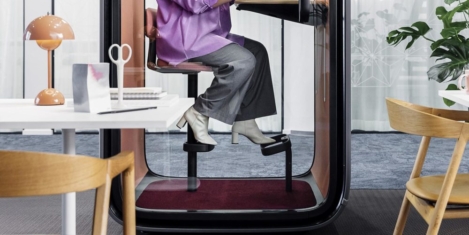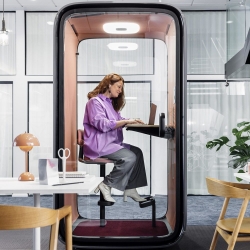June 1, 2022
Demand for a four-day week continues to grow
 According to a new report from ADP exploring employees’ attitudes towards the current world of work, six-in-ten (60 percent) UK workers would like more flexibility as to when they work, such as condensing hours into a four-day week. This number increased to two-thirds (67 percent) in Greater London. The report claims that this desire for great flexibility comes at a time when there is a mental health “ticking timebomb” in workplaces. Over half (51 percent) of men and 45 percent of women believe that their work is suffering due to their poor mental health. This is leading to over a quarter (29 percent) of workers actively trying to change their job and/or move into another industry. (more…)
According to a new report from ADP exploring employees’ attitudes towards the current world of work, six-in-ten (60 percent) UK workers would like more flexibility as to when they work, such as condensing hours into a four-day week. This number increased to two-thirds (67 percent) in Greater London. The report claims that this desire for great flexibility comes at a time when there is a mental health “ticking timebomb” in workplaces. Over half (51 percent) of men and 45 percent of women believe that their work is suffering due to their poor mental health. This is leading to over a quarter (29 percent) of workers actively trying to change their job and/or move into another industry. (more…)





































May 12, 2022
ESG ambitions should top organisational agendas
by Siobhan Byrnes • Comment, Environment, Wellbeing